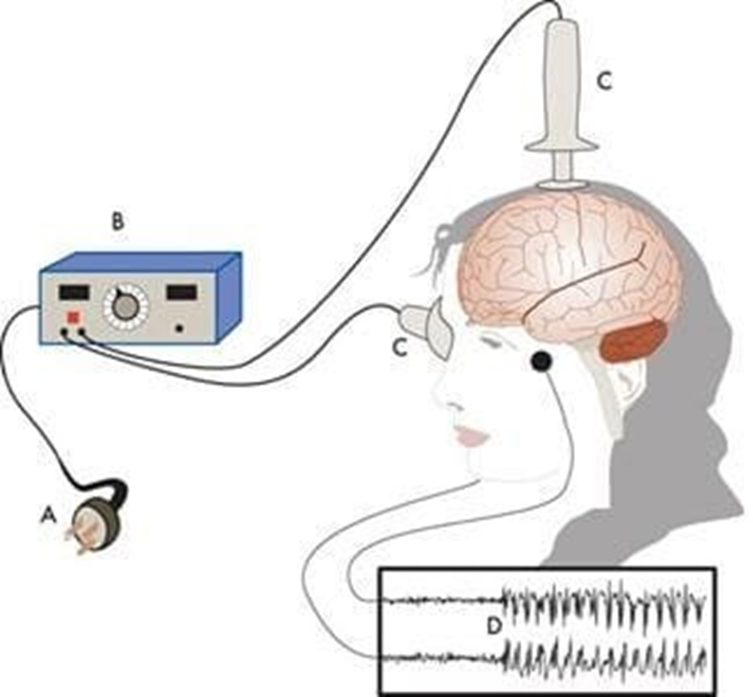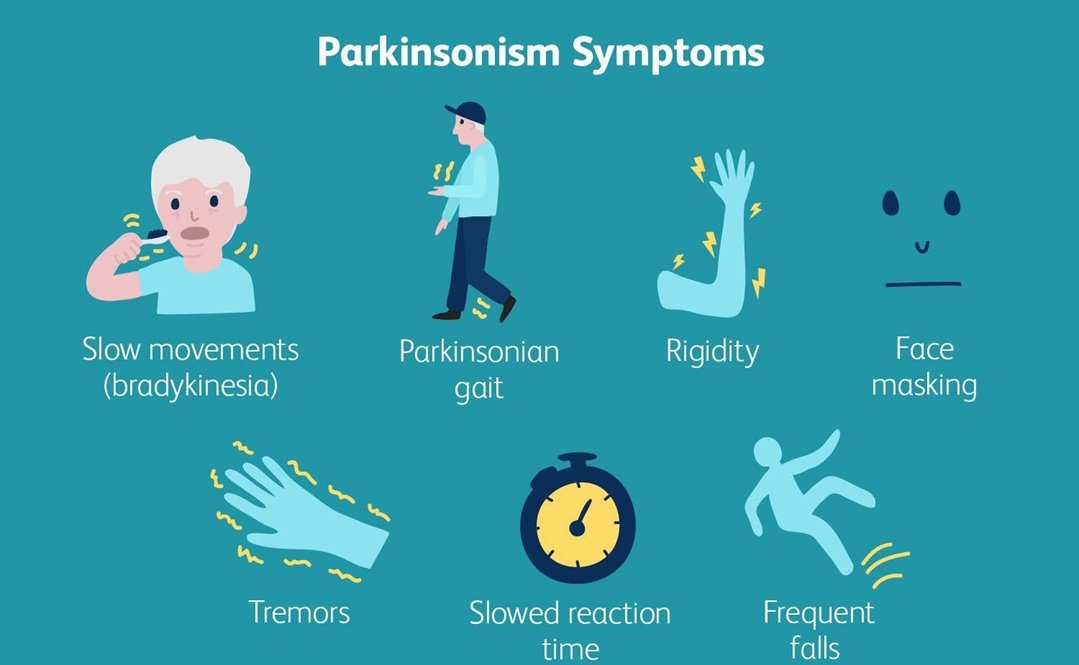Which client is most likely to benefit from electroconvulsive therapy (ECT)?
A client with bipolar disorder who is not compliant with the blood testing necessary for lithium therapy.
A client with a diagnosis of bipolar disorder who has recently begun experiencing a manic episode.
A client whose recent strange behavior has been atributed to cyclothymic disorder.
A client whose major depression has not responded appreciably to antidepressants.
The Correct Answer is D
Choice A reason: This choice is incorrect. Non-compliance with blood testing does not typically indicate a need for ECT.
Choice B reason: This choice is incorrect. A recent onset of a manic episode is usually managed with medication adjustments, not ECT.
Choice C reason: This choice is incorrect. Cyclothymic disorder is a milder form of bipolar disorder and is not typically treated with ECT.
Choice D reason: This is the correct choice. ECT is often considered for clients with severe depression that is resistant to medication.

Nursing Test Bank
Naxlex Comprehensive Predictor Exams
Related Questions
Correct Answer is ["A","C","D","E"]
Explanation
Choice A reason: Akathisia is characterized by restlessness and a constant urge to move. It is a common side effect of antipsychotic medications.
Choice B reason: Neuroleptic malignant syndrome is a rare but serious reaction to antipsychotic drugs and is not classified as an extrapyramidal symptom.
Choice C reason: Dystonia involves involuntary muscle contractions and spasms, often affecting the head and neck, and is a known extrapyramidal symptom.
Choice D reason: Tardive dyskinesia is marked by repetitive, involuntary movements, typically of the face and extremities, and is an extrapyramidal symptom that can occur after long-term use of antipsychotics.
Choice E reason: Pseudo-parkinsonism mimics symptoms of Parkinson's disease, such as tremors and slowed movement, and is an extrapyramidal side effect of antipsychotic medications.

Correct Answer is B
Explanation
Choice A reason: This statement is incorrect because stimulants used to treat ADHD can actually cause insomnia and might reduce the amount of sleep a child gets.
Choice B reason: This is the correct statement. Parents acknowledging the potential side effects of stimulant medications, such as insomnia, loss of appetite, or weight loss, indicates an understanding of the medication's effects.
Choice C reason: This statement could be correct depending on the specific medication prescribed, but it does not reflect an understanding of the potential side effects, which is crucial for managing the child's care.
Choice D reason: Regular blood level checks are not typically required for ADHD stimulant medications, so this statement does not indicate effective teaching about the medication.
Whether you are a student looking to ace your exams or a practicing nurse seeking to enhance your expertise , our nursing education contents will empower you with the confidence and competence to make a difference in the lives of patients and become a respected leader in the healthcare field.
Visit Naxlex, invest in your future and unlock endless possibilities with our unparalleled nursing education contents today
Report Wrong Answer on the Current Question
Do you disagree with the answer? If yes, what is your expected answer? Explain.
Kindly be descriptive with the issue you are facing.
